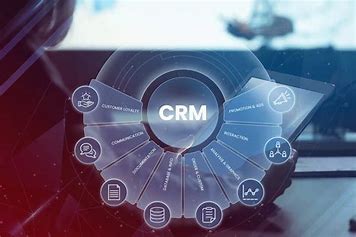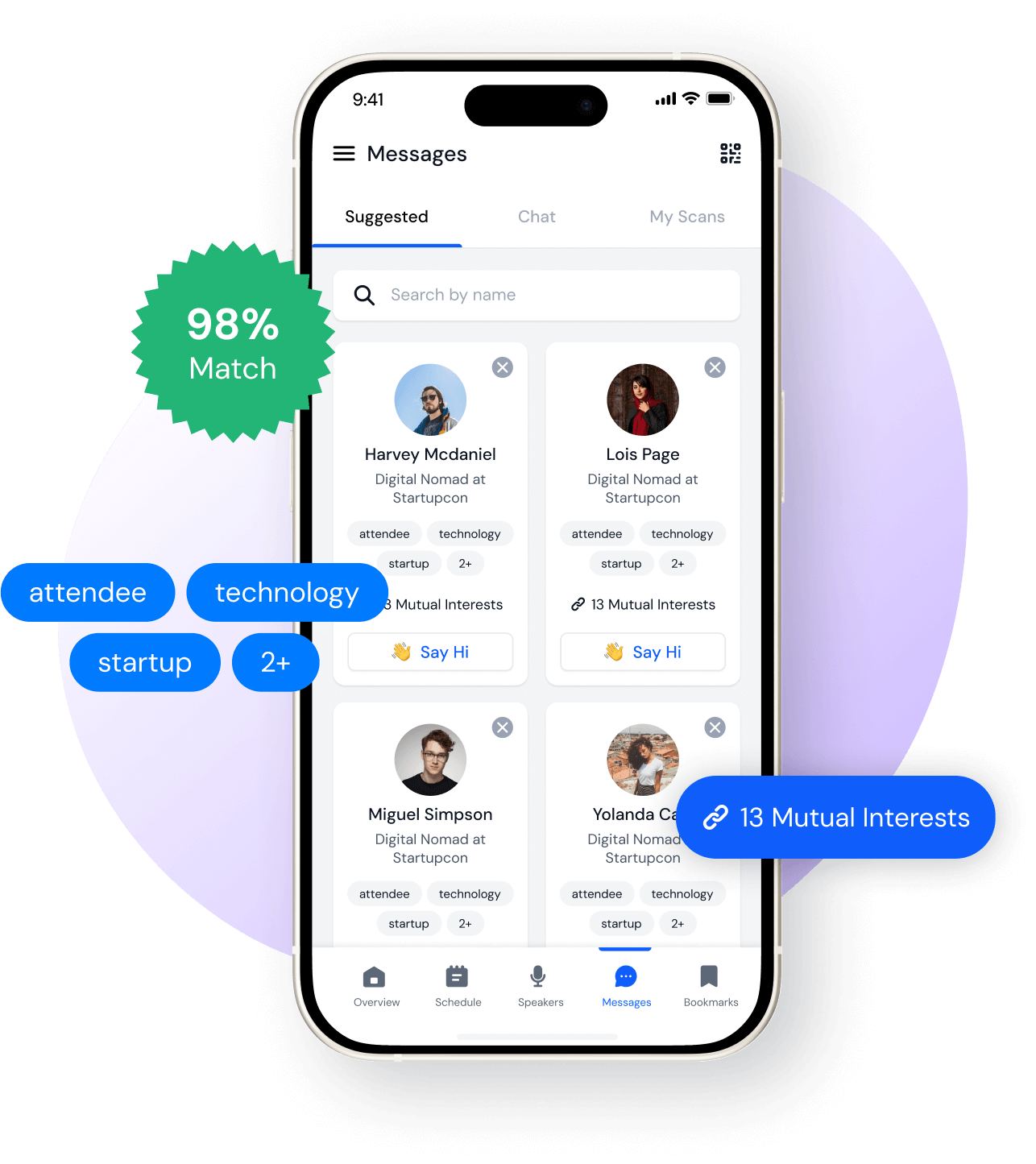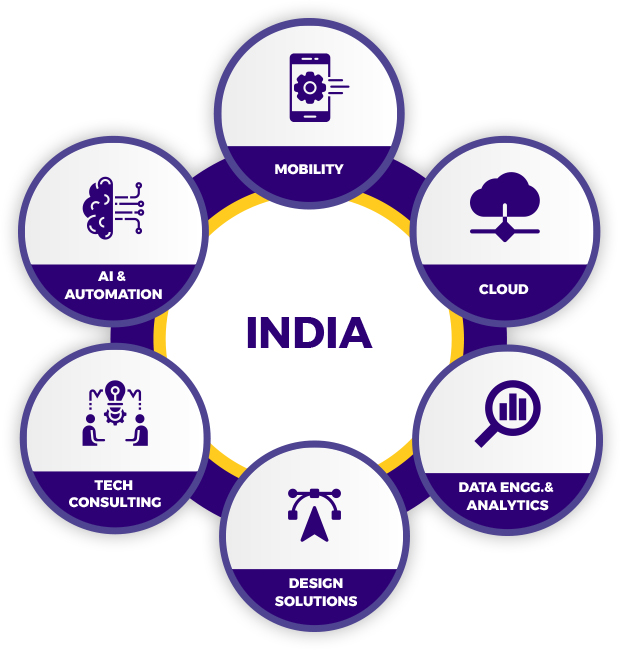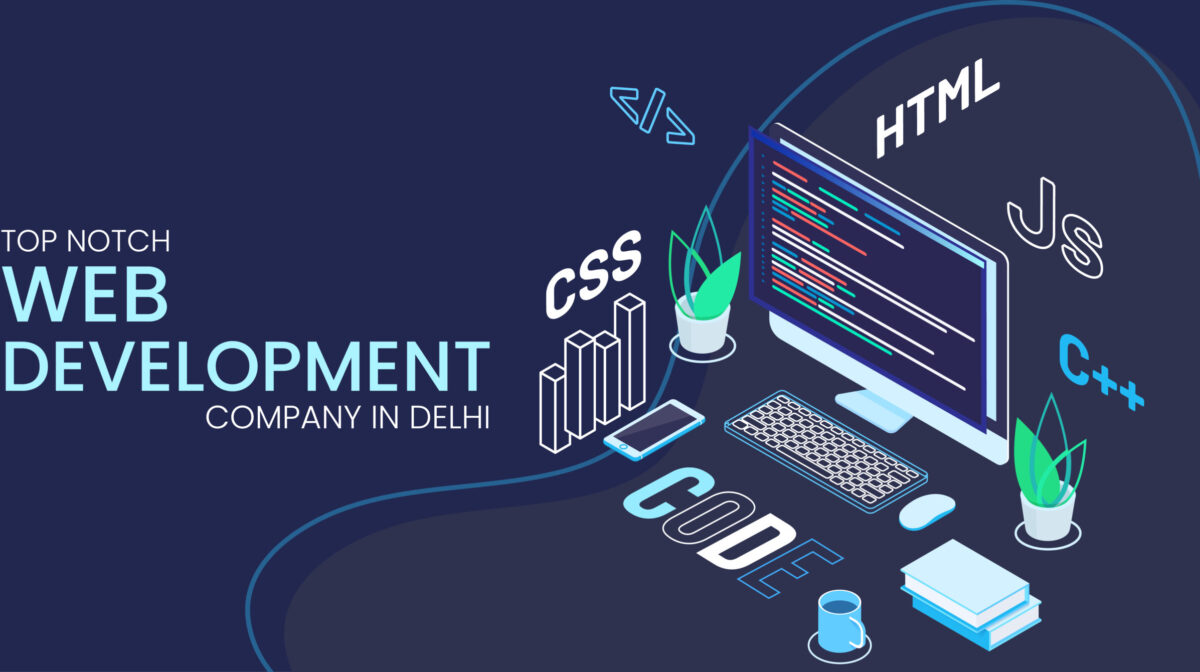
1. Search Engine Optimization (SEO): SEO is the process of optimizing a website to improve its ranking in search engine results pages. This can include optimizing website content, improving website speed, and building backlinks to the website.
2. Pay-Per-Click (PPC) Advertising: PPC advertising is a form of online advertising where advertisers pay each time a user clicks on one of their ads. This can include advertising on search engines like Google or on social media platforms like Facebook.
3. Social Media Marketing: Social media marketing involves using social media platforms like Facebook, Twitter, and Instagram to promote products or services. This can include creating engaging content, running social media ads, and building relationships with followers.
Email Marketing: Email marketing involves sending promotional emails to a targeted list of subscribers. This can include newsletters, promotional offers, and other types of content.
Content Marketing: Content marketing involves creating valuable and informative content that can attract and engage potential customers. This can include blog posts, videos, infographics, and other types of content.
Analytics and Reporting: Analytics and reporting are important aspects of digital marketing that allow marketers to track the success of their campaigns and make data-driven decisions. This can include tracking website traffic, analyzing conversion rates, and measuring ROI.
Mobile Optimization: With the increasing use of mobile devices, it's important to have a website and marketing campaigns that are optimized for mobile. This can include creating responsive websites that adapt to different screen sizes and designing mobile-friendly email campaigns and ads.
Video Marketing: Video marketing involves creating and sharing videos that promote products or services. This can include product demos, customer testimonials, explainer videos, and more.
Influencer Marketing: Influencer marketing involves partnering with social media influencers to promote products or services to their followers. This can be an effective way to reach a highly targeted audience and build brand awareness.
Remarketing: Remarketing involves targeting users who have already interacted with your website or ads. This can include retargeting ads to users who have visited your website but didn't make a purchase or sending targeted email campaigns to users who abandoned their shopping carts.
Customer Relationship Management (CRM): CRM involves managing customer interactions and relationships to improve customer retention and loyalty. This can include using email marketing and social media to stay in touch with customers and offering personalized promotions and discounts.
A/B Testing: A/B testing involves testing two different versions of a website or marketing campaign to see which performs better. This can help businesses make data-driven decisions and optimize their campaigns for better results.
Chatbots: Chatbots are a form of artificial intelligence that can communicate with users via chat interfaces. They can be used to answer common customer questions, offer product recommendations, and provide customer service.
Voice Search Optimization: With the increasing use of voice search assistants like Siri and Alexa, it's important to optimize content for voice search. This can include using long-tail keywords, optimizing content for featured snippets, and providing concise answers to common questions.
User Experience (UX) Design: UX design involves creating websites and marketing campaigns that are user-friendly and easy to navigate. This can include designing intuitive navigation menus, optimizing website speed, and using clear and concise language.
Social Listening: Social listening involves monitoring social media channels for mentions of your brand or products. This can help businesses identify customer needs and concerns and respond to them in a timely manner.
Personalization: Personalization involves tailoring marketing campaigns and messages to individual users based on their interests and behaviors. This can include using data to segment email lists, personalizing website content, and offering personalized product recommendations.
 Best CRM Software Development Company in Delhi NCR Oprezo India
Best CRM Software Development Company in Delhi NCR Oprezo India
 Dating App Development Company in India | Oprezo India
Dating App Development Company in India | Oprezo India
 Gaming Development Company in India | Mobile & Online Games – Oprezo India
Gaming Development Company in India | Mobile & Online Games – Oprezo India
 Happy New Year 2026 | Oprezo India All Services 25% Off
Happy New Year 2026 | Oprezo India All Services 25% Off
 Web Development Services in Delhi | Enterprise Website Solutions – Oprezo India
Web Development Services in Delhi | Enterprise Website Solutions – Oprezo India